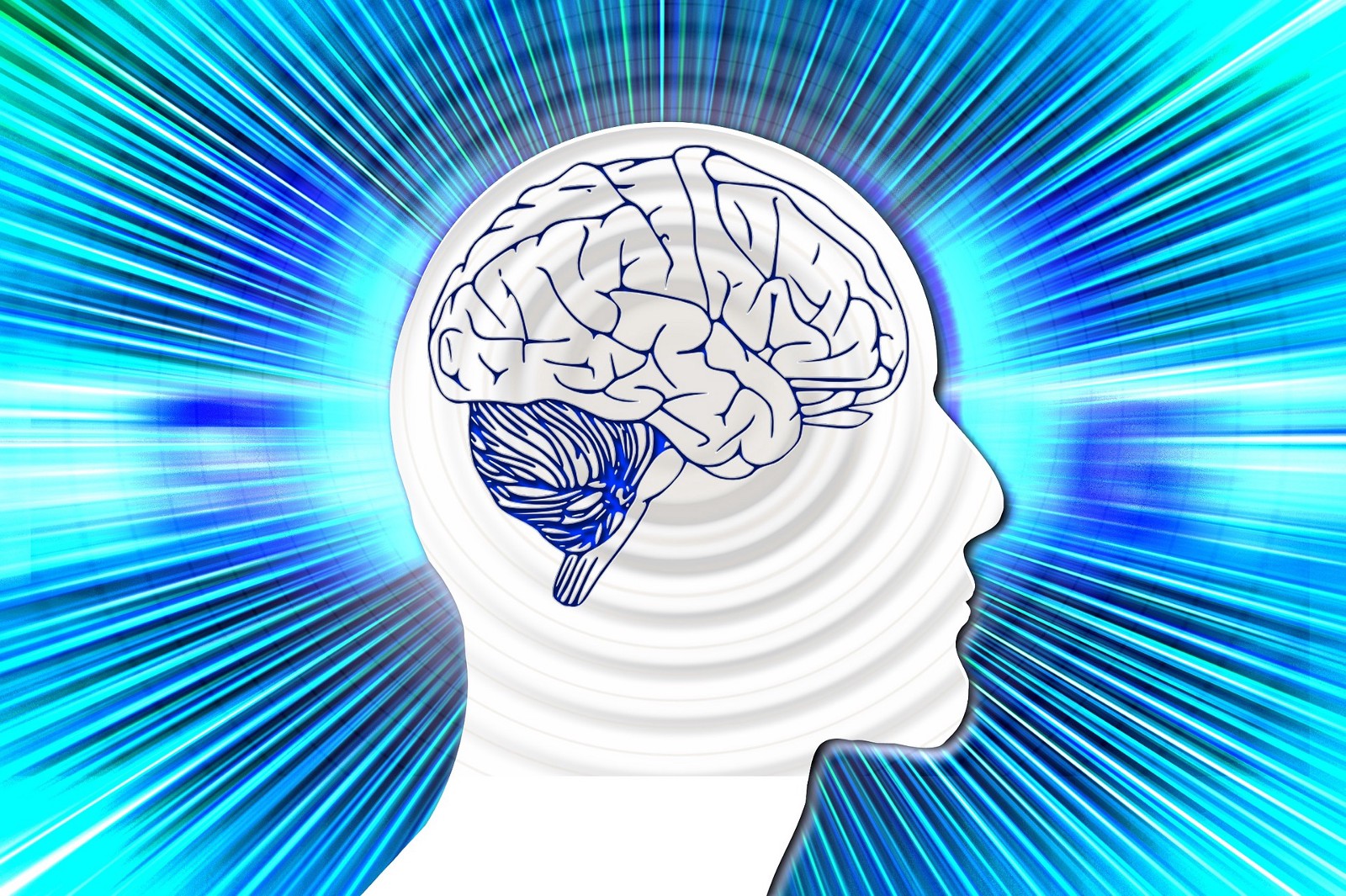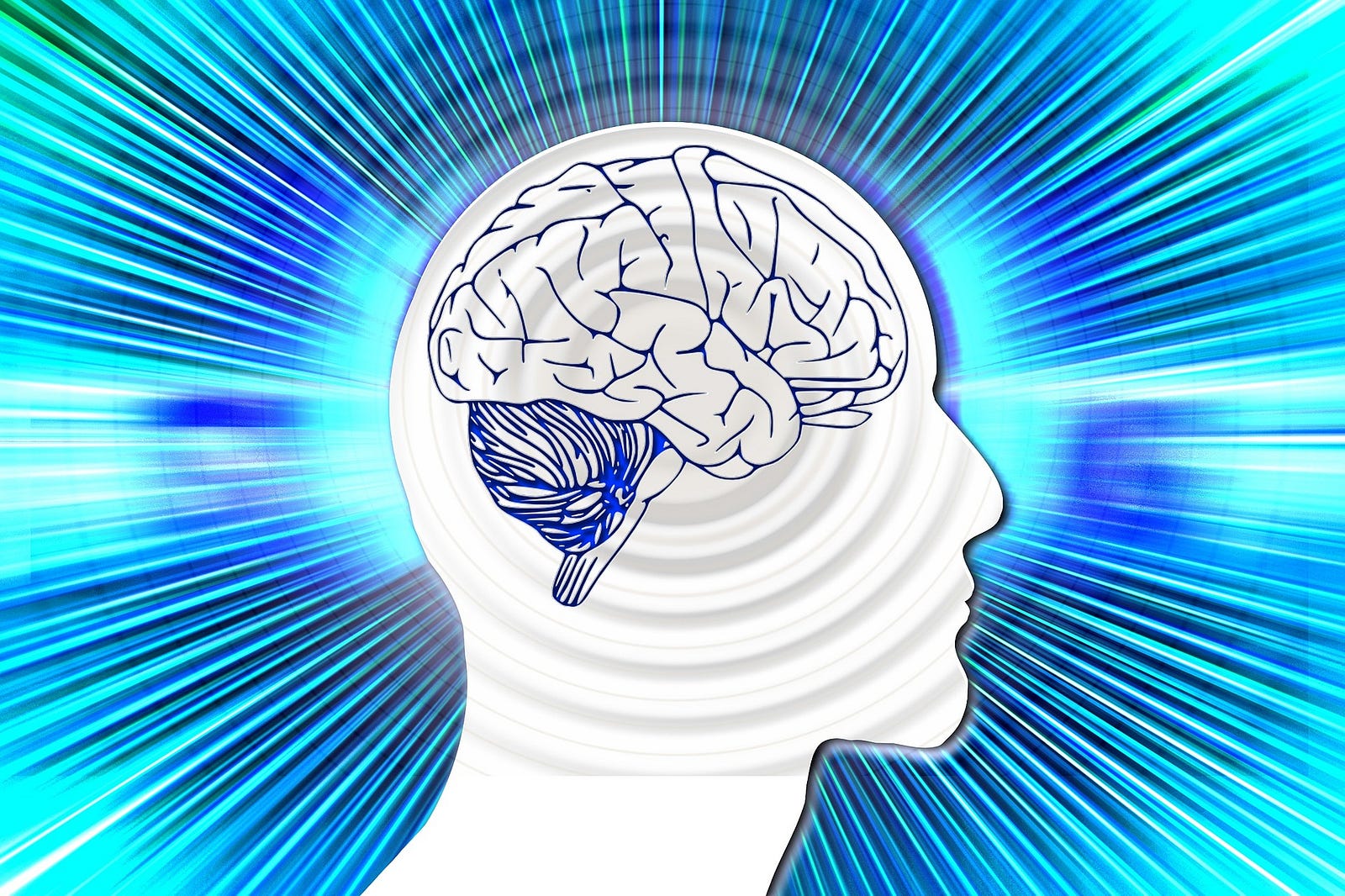Learn about brain health and nootropics to boost brain function
The Surprising Fitness Supplement That Can Help You “Bulk Up” Your Brain Power

The Surprising Fitness Supplement That Can Help You “Bulk Up” Your Brain Power
The Popular Fitness Supplement Can Actually Make Your Brain Better.
Nootropics are natural supplements that are used to enhance cognitive performance.
Nootropics have become extremely popular in the realm of high achievers, elite performers, and productivity junkies who all want to think faster, learn quicker, and get an edge over the competition.
I have personally experimented with a wide range of nootropic products for several years and often get asked what my favorite nootropics are and there is usually one specific nootropic I mention that seems to throw every inquirer for a loop.
This nootropic is creatine, which is often thought exclusively as a fitness/muscle building supplement, but that couldn’t be further from the truth.
Creatine isn’t specifically a muscle building supplement at all. It’s an energy building supplement and it’s extremely effective.
What Is Creatine & How Does It Work?
Creatine is a naturally occuring substance in the human body that is formed from the combination of the amino acids arginine and glycine. This is important because the body recognizes creatine and can excrete any excess creatine you take with minimal (though still uncomfortable) side effects.
Our bodies main energy currency is Adenosine Triphosphate (ATP) which is an adenosine with three phosphate groups attached.
When our cells need energy, our cells batteries (mitochondria) break off a phosphate molecule and when the bond is broken it releases energy that the cell can use to get things done.
This converts ATP to ADP (adenosine Diphosphate), which cannot be used for energy production.
As you can imagine, there is only so much ATP available within a given amount of time, which means that the more energy your body demands, the quicker ATP will run out and your body will fatigue.
Here’s where creatine enters the picture.
Creatine is stored in the body as Creatine-Phosphate. When ATP becomes ADP, creatine comes in to save the day by providing it’s phosphate back to ADP so that it can become “recharged” and become ATP again, which can then be used for energy.
Creatine is essentially an energy recycler and booster, which is why fitness enthusiasts love it and why it’s so effective, because it provides your muscles, where most of your creatine is stored, with an increased supply of energy so that you can push harder and longer than before.
That’s not where it ends…
The next biggest storehouse of creatine is actually in your brain cells and when you think about it, it makes sense. Your muscles use a tremendous amount of energy during a workout, which requires a large amount of ATP (energy) to get the job done.
Your brain uses 20% of your bodies total energy usage every single day and the more you use your brain, the quicker you drain your ATP reserves.
Again, creatine comes in to save the day. Creatine helps revive your brain cells in a similar fashion to your muscles cells, it helps “refill” your ATP supply so that your brain can continue to perform at it’s best longer.
Therefore creatine can be classified as a Nootropic.

Prevents Mental Fatigue + Boosts Brain Power
Have you ever had an extremely busy or stressful day? Maybe it was finals in college or a challenging day at the office, but do you remember how you felt at the end of that day?
My guess is you felt mentally exhausted because your brain used immense amounts of energy during that day problem solving and dealing with stress.
One study showed that because of how creatine helps the brain create more energy, it also helps to prevent mental fatigue, which can really come in handy if you have a large workload or deal with plenty of stress.
Not only that but creatine was also shown to improve memory, focus, attention, and even I.Q. [R]
What Happens When Creatine Gets Too Low
One interesting study looked at what happens to the brain when creatine was lowered in the brain and the results were fascinating.
The researchers discovered that when creatine was depleted in the brain that it actually slowed down learning and even lowered neuroplasticity, which is the ability of your brain to adapt and change. It essentially lowered the ability of the brain to change and learn new things. [R]
(Read More On Neuroplasticity By Clicking Here)
How Much Should I Take?
The study mentioned above used 5 grams a creatine per day, but you can supplement with as little as 3 grams per day to notice benefits. The best approach is to start with 2–3 grams and track how you feel. Increase up to maximum 5 grams to see how it works.
As a side note, it’s best to go through periods without creatine. I personally take a month off every 2–3 months.
Join Our Brain Hack Community
Get Free Brain Hacks To Upgrade Your Brain Power, Productivity, and Focus for FREE!
Click Here To Join Free!

This story is published in The Startup, Medium’s largest entrepreneurship publication followed by 361,652+ people.
Subscribe to receive our top stories here.

Click here to view full article